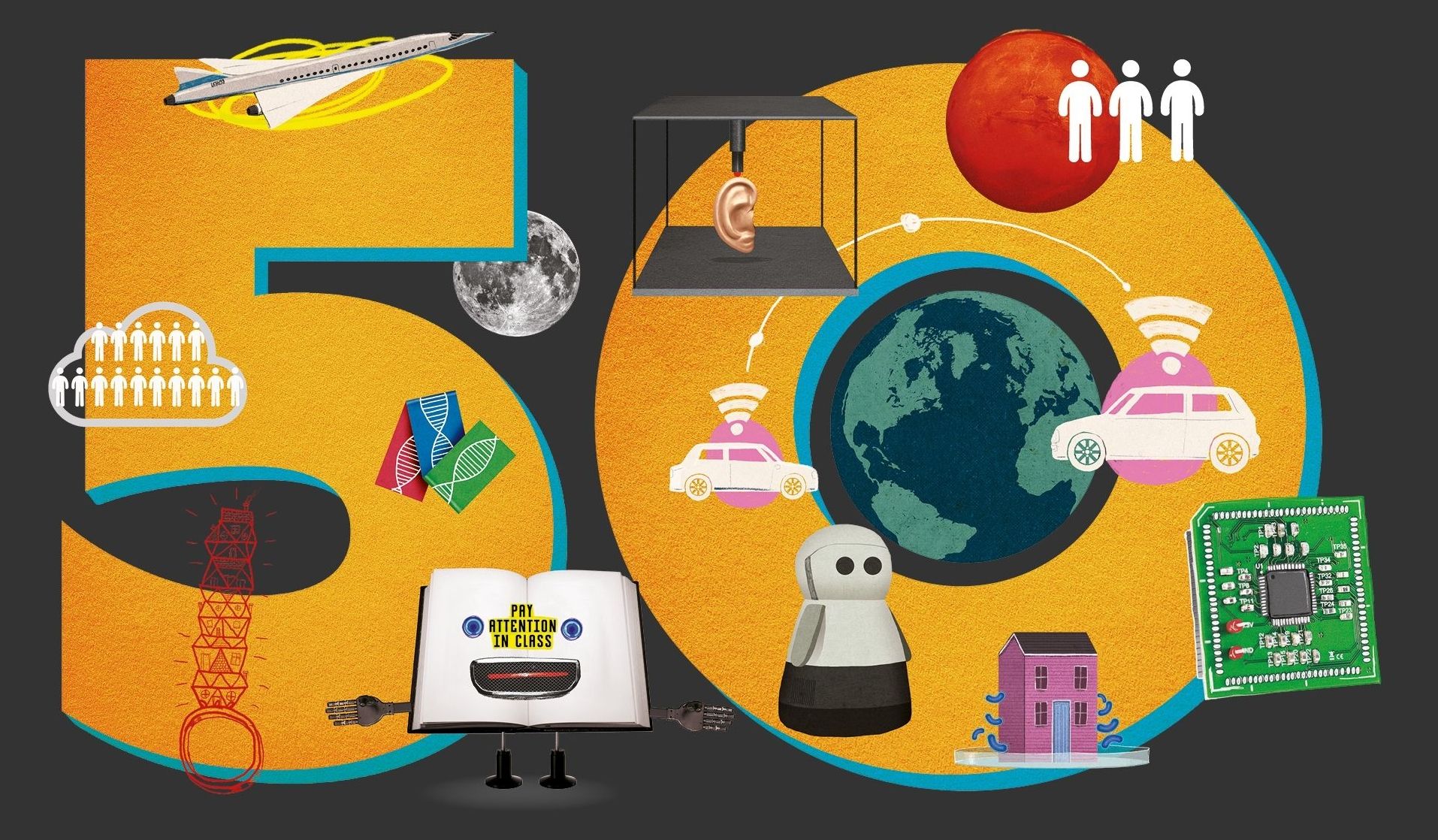Treating the diseases of ageing requires rethinking of our approach to treating disease. Rather than a “whack-a-mole” strategy going after individual conditions, a concerted medical effort against ageing as a whole is in order.
Aging is something that we all share, rich or poor; it is something that happens to us all, and we are taught from a young age that it is inevitable. However, some scientists believe that aging is amenable to medical intervention and that such interventions could be the solution to preventing or reversing age-related diseases.
Academics are currently debating whether aging is natural or a pathological disease that we can treat.
In fact, there is now pressure from many academics to classify aging itself as a disease; indeed, doing so could potentially improve funding for aging research and help to speed up progress in finding solutions to age-related diseases.[1] The debate continues, but does it really matter if aging is classified as a disease, or is it largely a matter of semantics?







